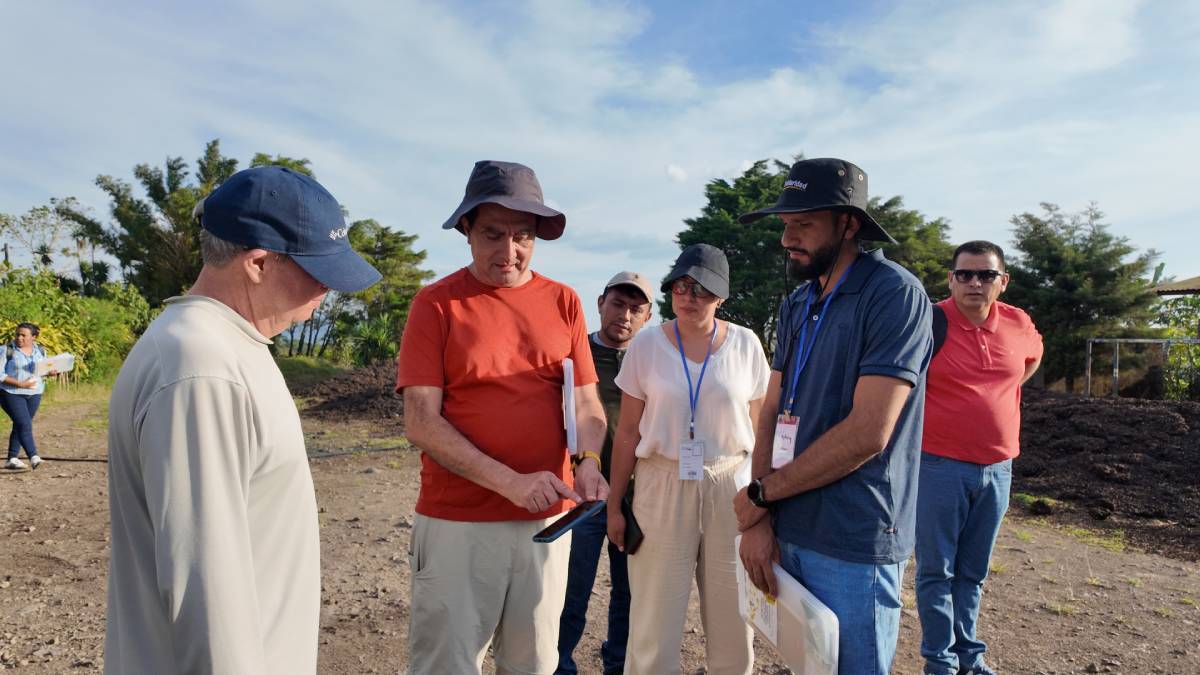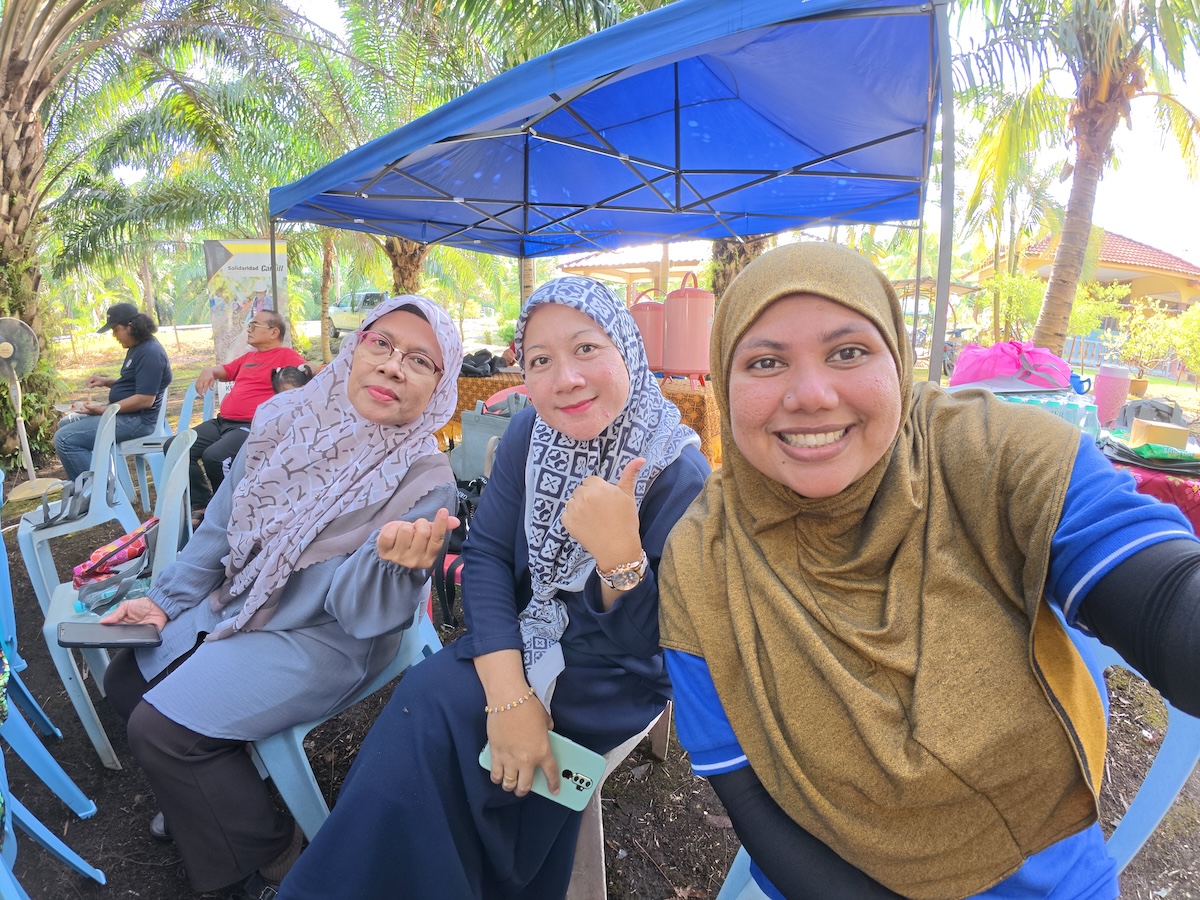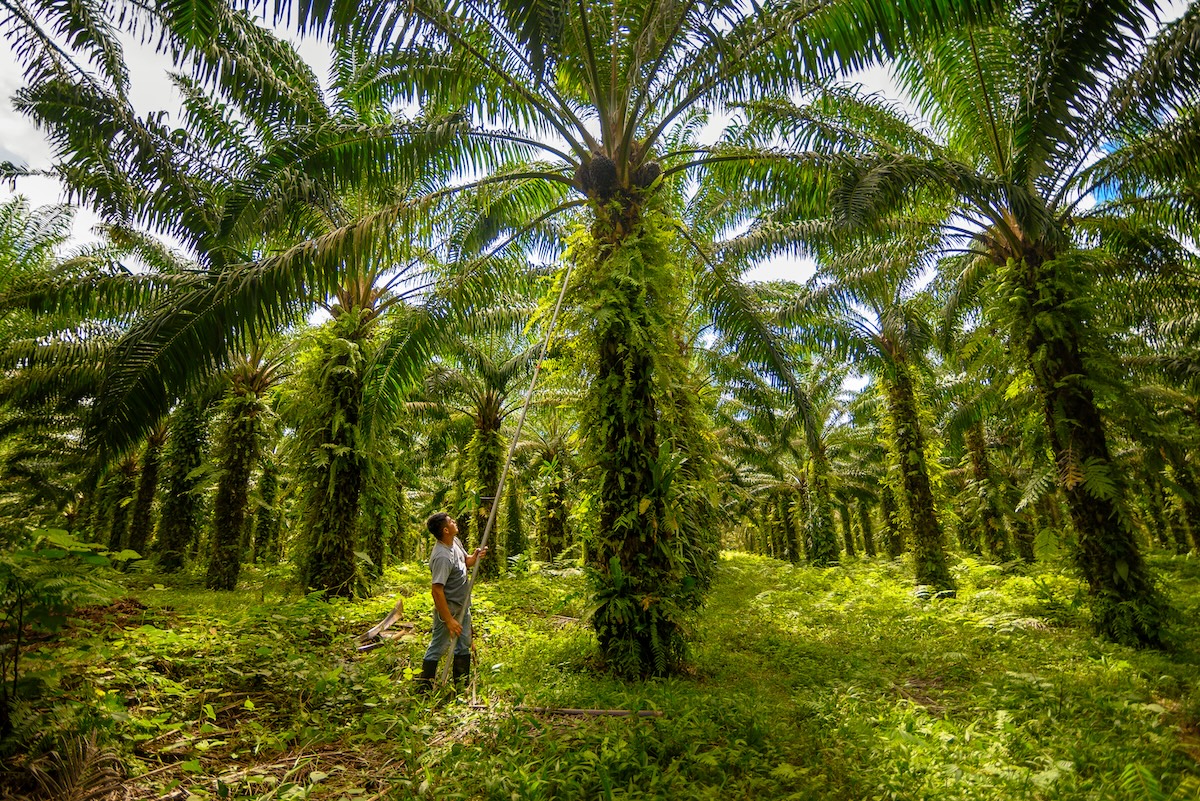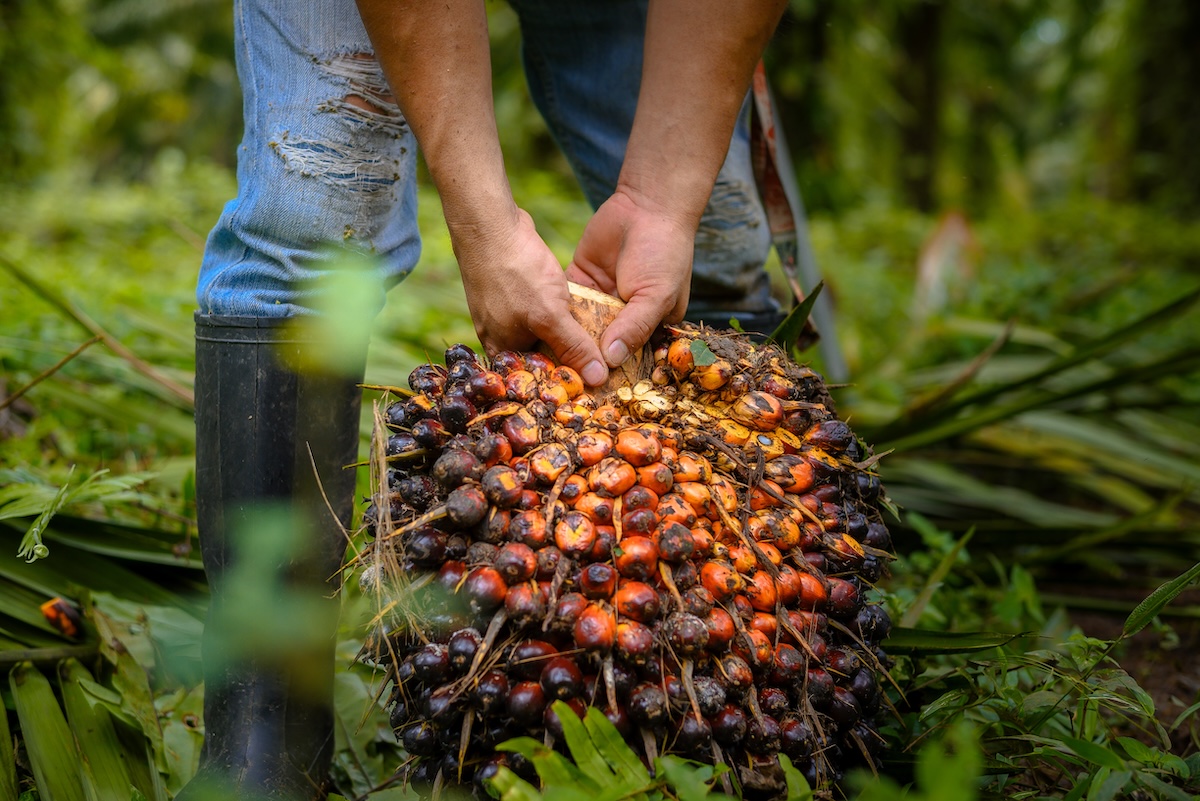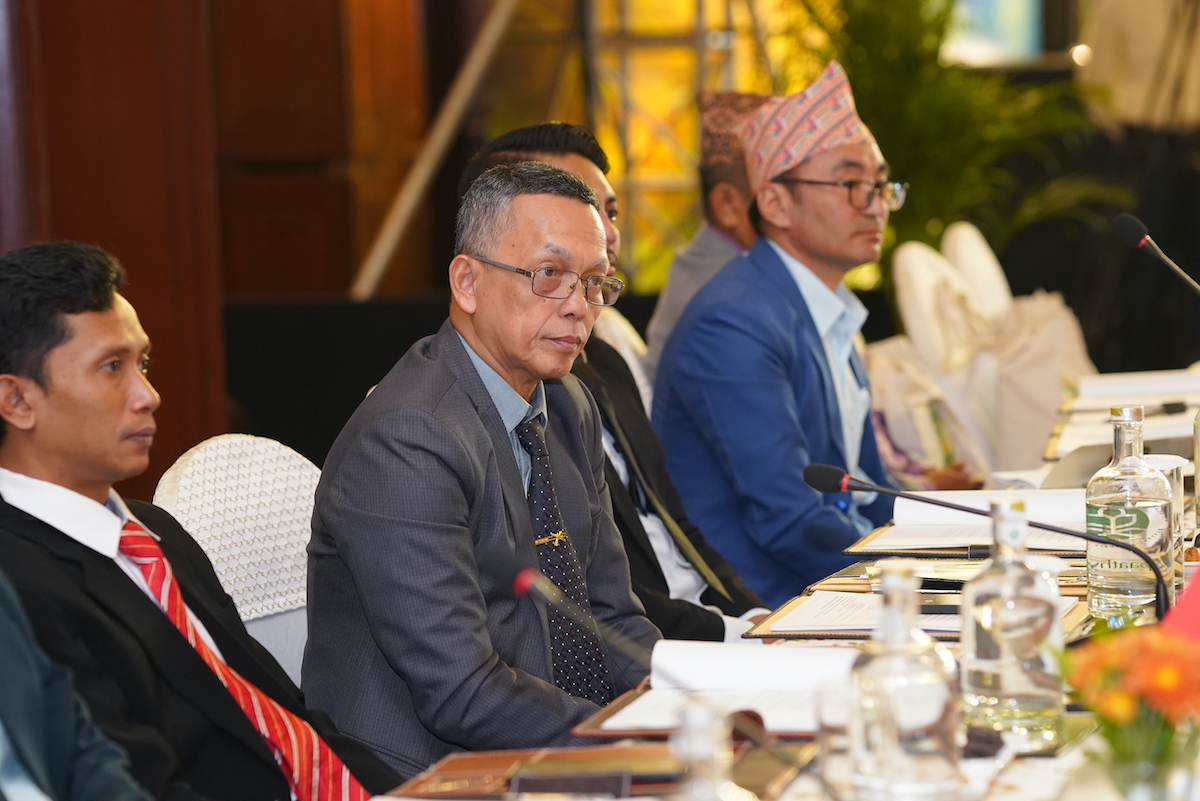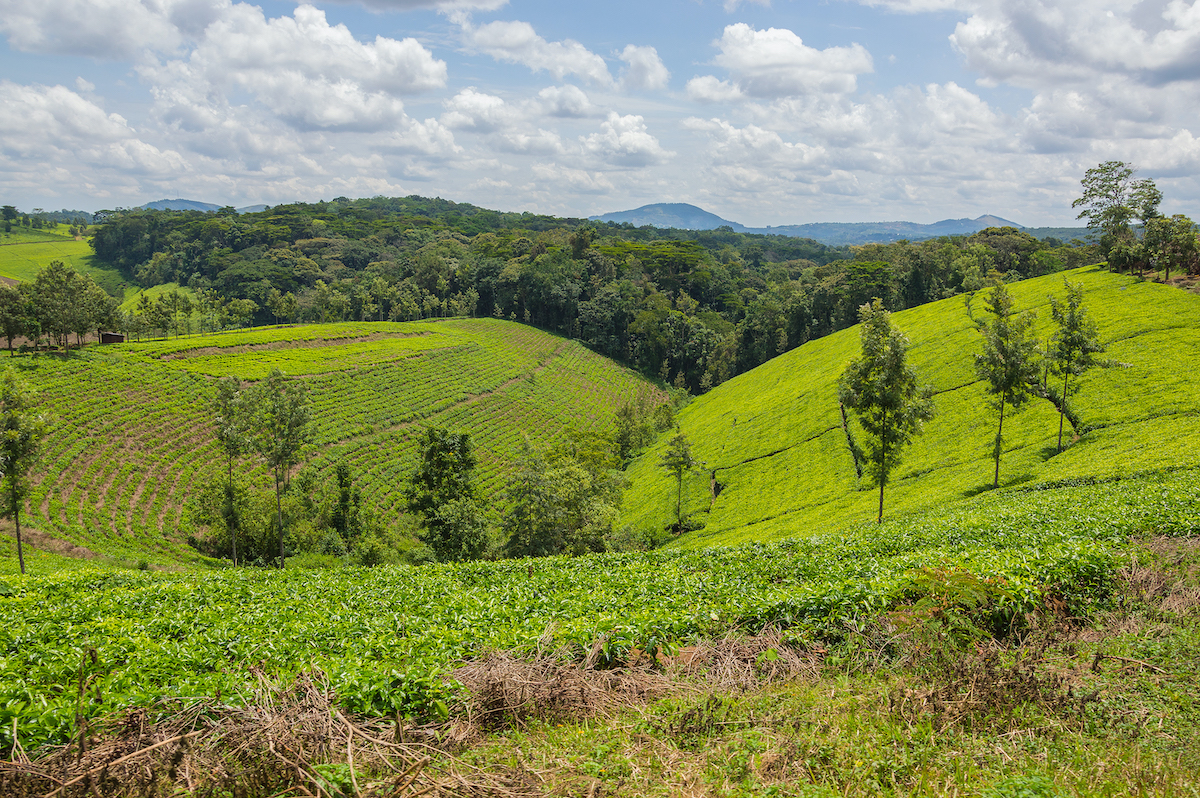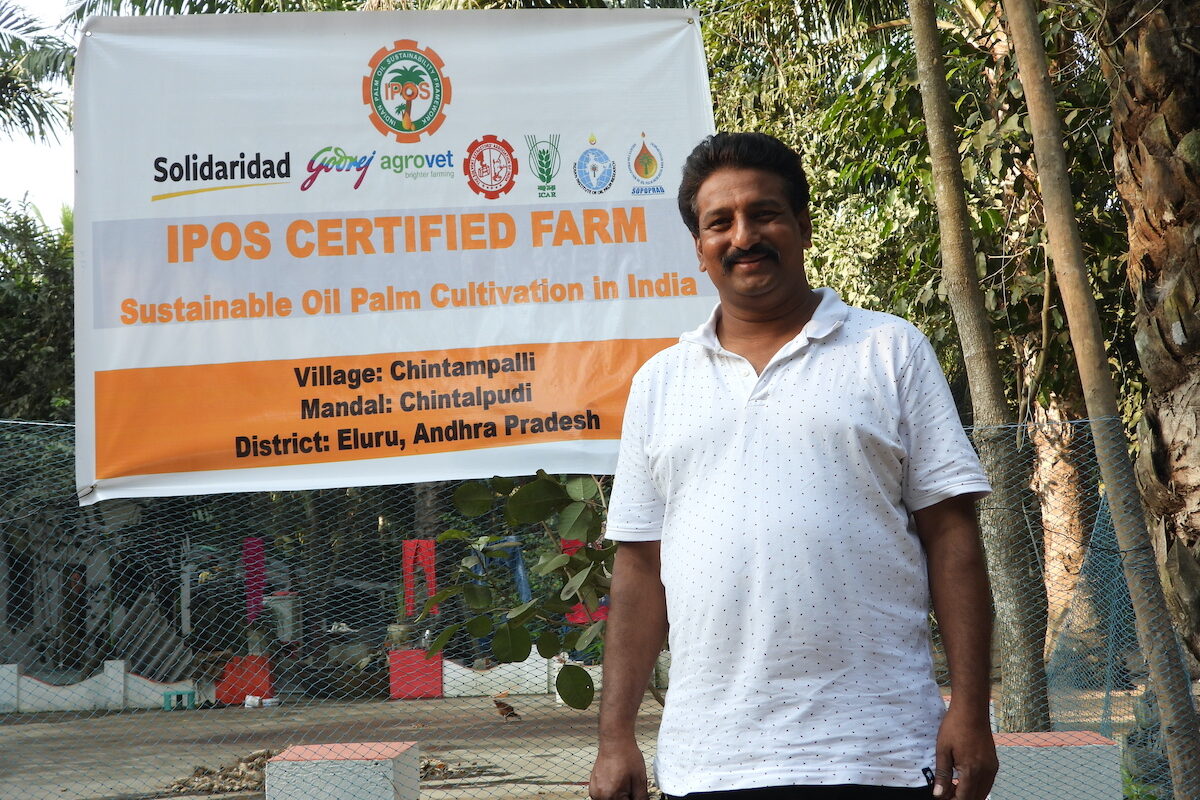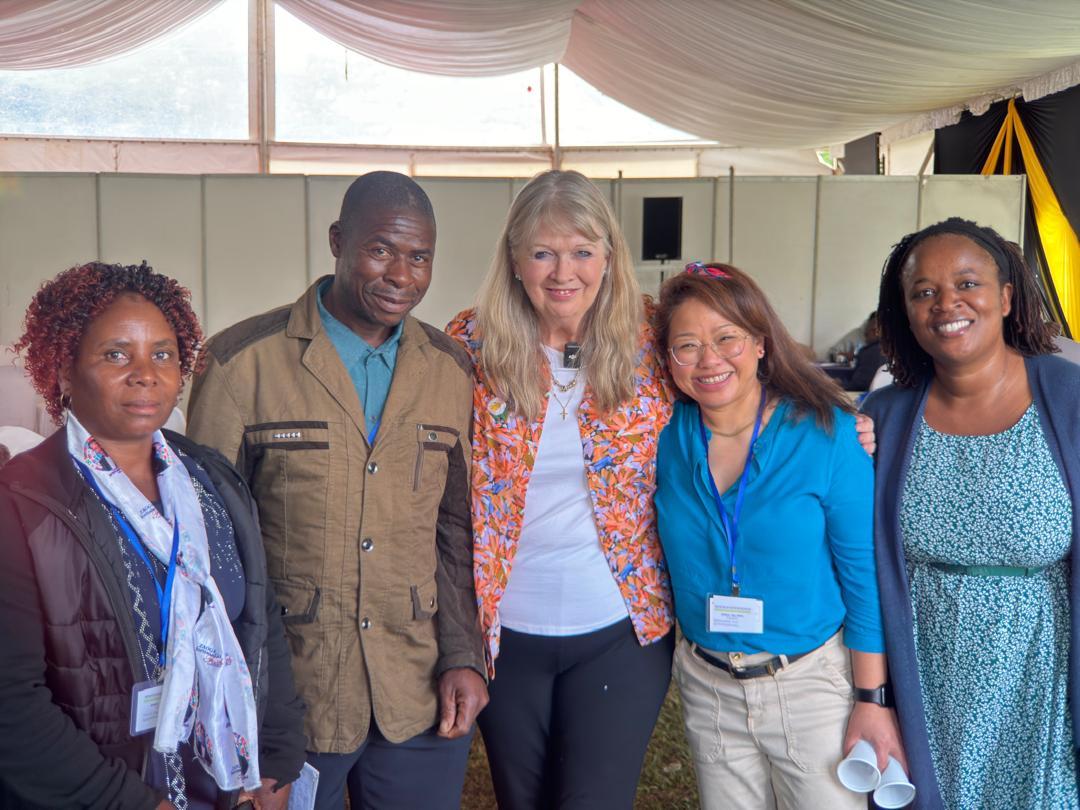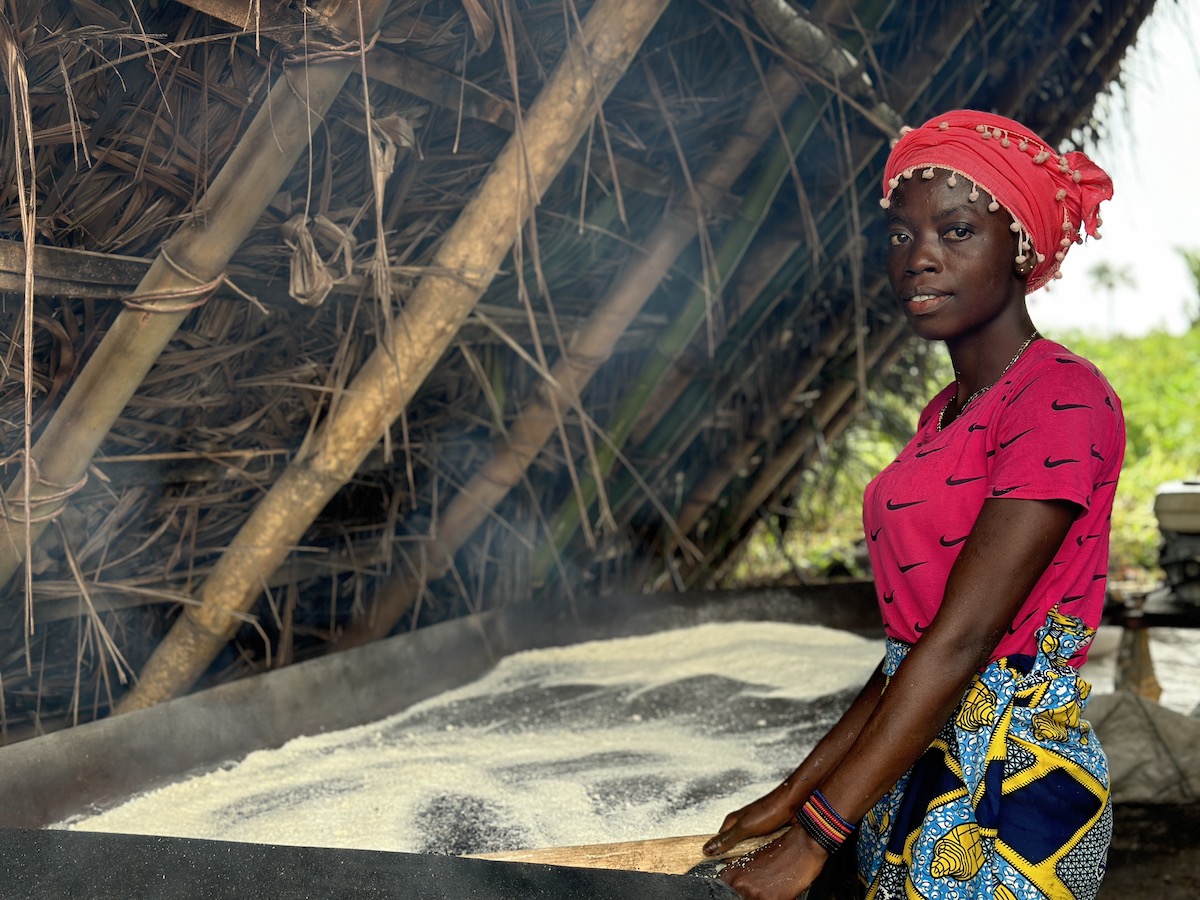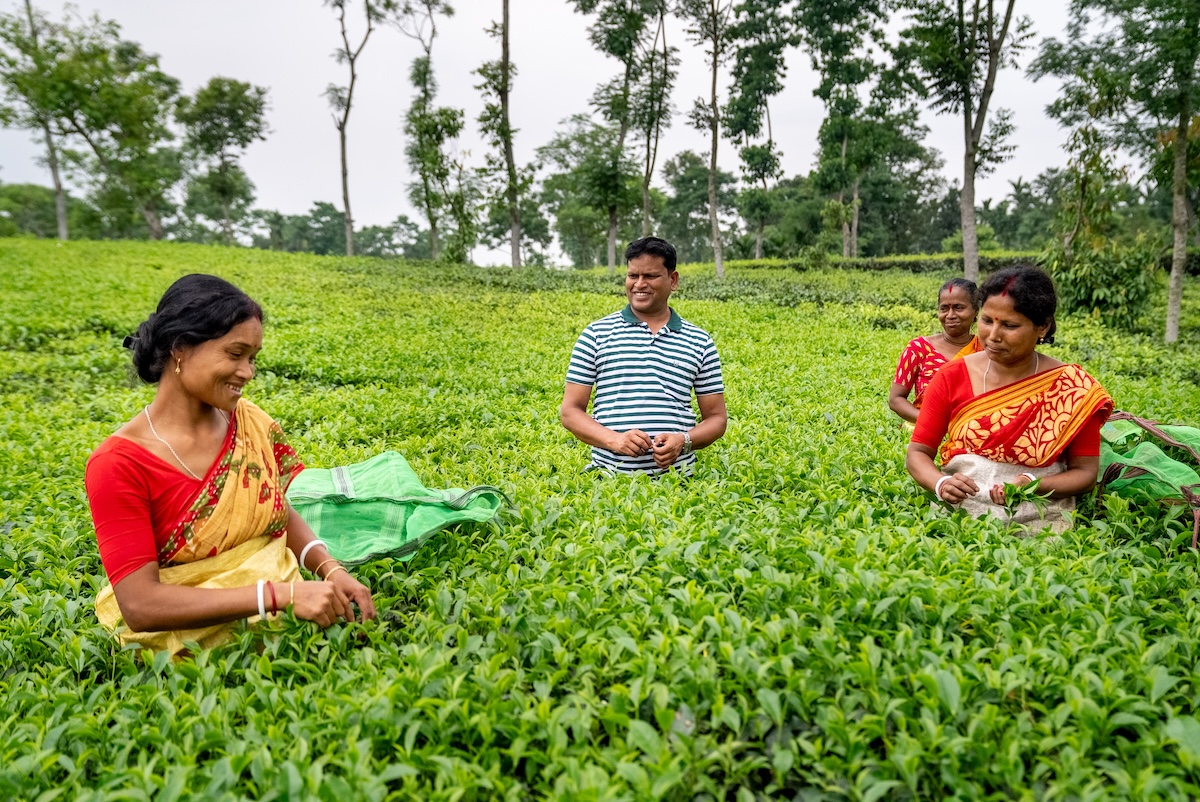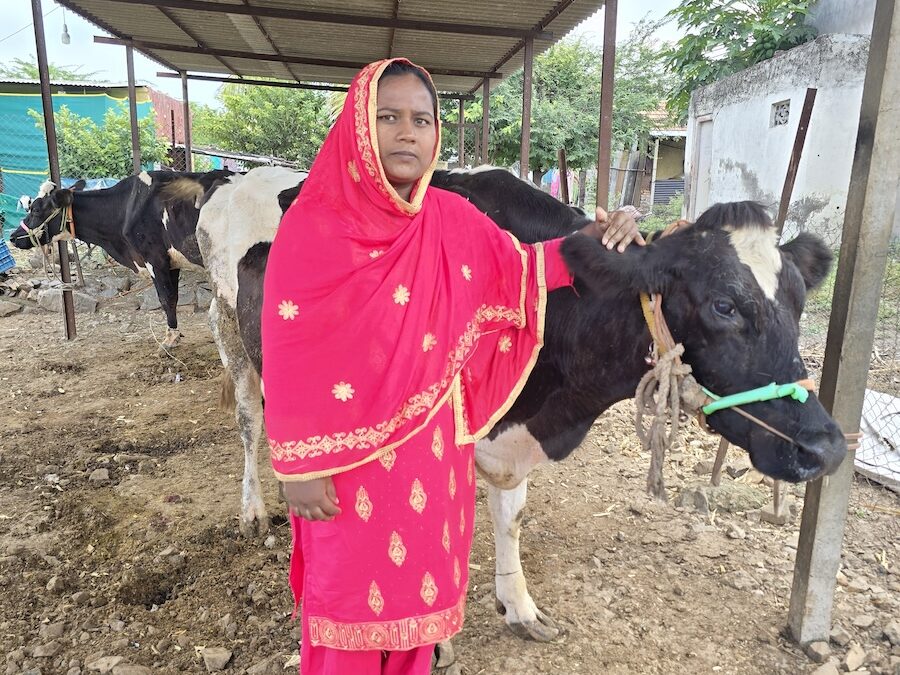Latest News
A recent training on the Cool Farm Platform has improved the Solidaridad Central America team’s capacity to help farmers and agribusinesses make data-driven decisions, while reducing emissions across agricultural supply chains. Team members are now able to use the platform to advocate for climate-smart strategies that ensure both environmental resilience and sustainable markets.
Yasmin Nur Khadijah is known for her deep agricultural knowledge and spirited personality among the oil palm farmers she works with. As a Programme Associate for the Solidaridad-Cargill global partnership, Yasmin regularly travels to demonstration farms in the Selangor state of Malaysia to support farmers as they improve their practices and by extension their livelihoods.
The 2025 Palm Oil Barometer promotes ‘Procurement for Prosperity’, a new approach to ensure that independent smallholders are able to farm sustainably, maintain livelihoods.
In the heart of Thailand under Bangkok’s vibrant sky, leaders in the palm oil sector from across the globe gathered at RT2024, the annual conference on sustainable palm oil production. This cornerstone event provides a unique platform for diverse stakeholders from the palm oil sector around the world. Independent smallholders from Latin America were among the attendees sharing their progress, learning from global peers contributing to the future of the sector. Lesly Vera and Maria Goretti Esquivel, Palm Oil Programme Managers at Solidaridad in Peru and Colombia, shared the story of their progress during the event.
A cup of coffee is more than a morning ritual – it transforms lives. Two recent coffee campaigns by Solidaridad Germany have drawn attention to this, advocating for a more sustainable coffee sector. These campaigns are supported by the German Postcode Lottery.
The Asia Tea Alliance is reshaping the future of the tea sector. At its 2024 annual summit in India, the Alliance trained its focus on sustainable practices, innovative agriculture, and expansion into new markets. The Alliance aims to revitalize the global tea industry, and secure a prosperous future for tea producers and consumers alike.
Solidaridad’s Rachel Wanyoike examines how Kenyan tea farmers are poised for greater success with the government’s commitment to value addition. A new initiative is designed to increase incomes, create jobs, and enhance the global reputation of Kenyan tea. By embracing modern practices and tapping into the growing demand for specialty teas, farmers can significantly elevate their livelihoods.
Numerous stakeholders gathered in India at a recent conference to highlight palm oil’s potential to help the country achieve self-sufficiency in edible oils, with many speakers promoting sustainable palm oil emphasizing the crop’s high yields compared to other oil crops and its economic benefits for farmers.
Small tea growers from Mozambique have won first place in the Emerging Specialty Tea category at the African Specialty Tea Conference and Expo in Kenya. The meeting of tea producers from across Africa was an opportunity for small tea farmers to connect with global markets, and the award highlighted the potential of teas from Mozambique.
Featured Producer Stories
Cassava is redefining food security in Sierra Leone. The Gbomuma Group in the Samie community has embraced cassava cultivation and worked to create a viable business through the tuber. With support, other farmers are boosting cassava yields and producing valuable products to build resilient livelihoods and strengthen the nation’s food future.
The lush green fields of Tapan Mandal’s small tea farm in West Bengal, India, may paint a picture of prosperity, but his journey has not been an easy one. Under the RECLAIM Sustainability! programme, Solidaridad is supporting small tea growers, like Tapan, to organize themselves into collectives and strengthen existing collectives.
In early 2021, Kajal Suved Shaikh, a small-scale dairy farmer from Bibi village in the Satara district of Maharashtra, India, was not quite sure where her business was headed. Though she had been farming for some time, she lacked the necessary skills to improve her farm and build her business. The Trust Dairy Project from Solidaridad Asia provided her – and over one thousand other dairy farmers – with the knowledge and digital tools to improve their practices.

